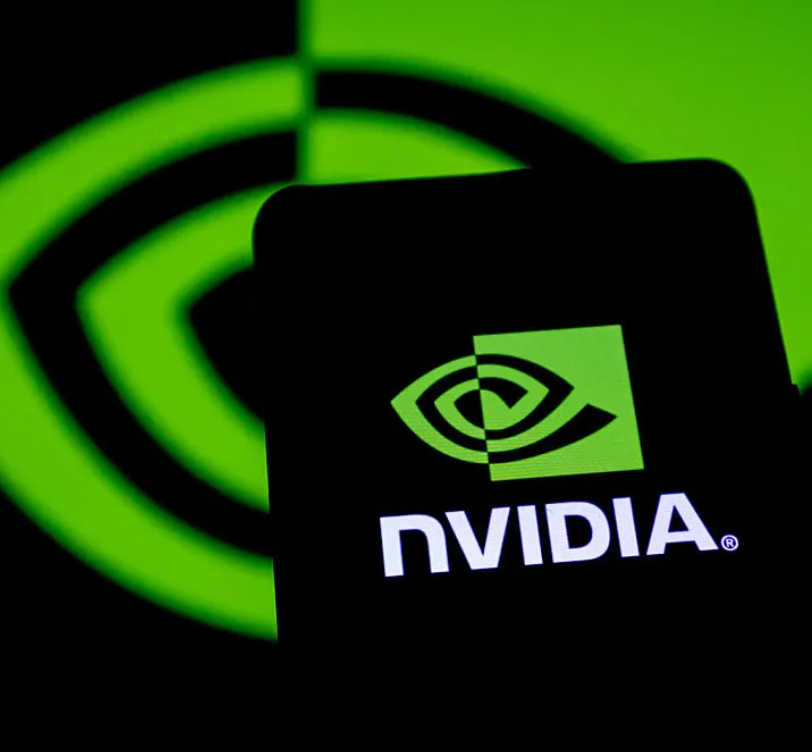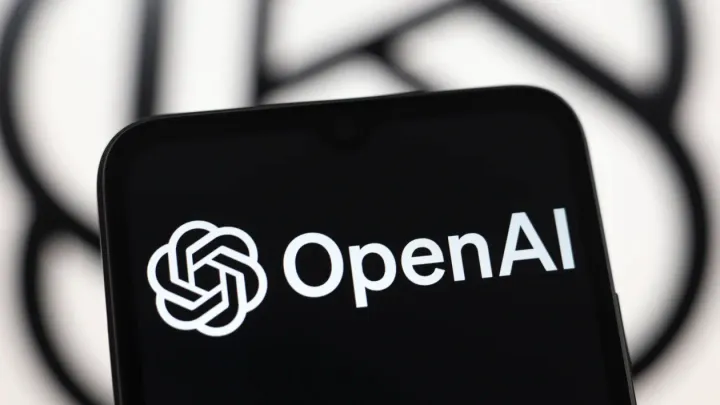Nvidia Faces Billions in Revenue Loss Due to China H20 Chip Licensing Rules
Nvidia warns it may lose billions in revenue after new U.S. export licensing slows H20 AI chip sales to China. Learn how this impacts the global AI chip market.

Nvidia, a global leader in AI hardware, has projected it may lose billions in revenue this year following regulatory hurdles that threaten to cripple sales of its H20 AI chips in China. The warning, detailed in an investor note and reported by TechCrunch, comes as the company grapples with tightened U.S. export rules and a shifting Chinese technology landscape.
H20 Chip Exports Stall Amid Tougher U.S. Trade Restrictions
Nvidia’s H20 chip, part of its latest lineup of AI accelerators, was initially developed to sidestep strict U.S. curbs imposed on high-powered AI components destined for China. However, new licensing requirements from the U.S. Department of Commerce have complicated sales, making it difficult for Nvidia’s Chinese customers to obtain the necessary permits.
“Recent policy changes have created a highly unpredictable environment for our China business,” Nvidia CEO Jensen Huang said in a Q1 earnings call. “Although we designed the H20 specifically to comply with export controls, the licensing process is proving a significant barrier.”
Billions at Risk as Chinese Companies Turn to Domestic Alternatives
Nvidia’s financial reliance on the Chinese market is immense: analysts estimate China contributed between 15% and 25% of Nvidia’s data center revenue in 2024, amounting to potentially $4–7 billion. With existing H100 and A100 high-end chips banned from export to China, the H20 was expected to bridge the gap — until now.
“The situation could result in a multibillion-dollar revenue loss for Nvidia this fiscal year, especially if the licensing backlog persists through the second half,” said Dan Ives, Managing Director at Wedbush Securities.
Chinese technology giants, including Tencent, Alibaba, and Baidu, have already begun testing domestic alternatives like Huawei’s Ascend chips and products from startups such as Biren Technology. Insiders say delays in securing Nvidia hardware are forcing an “unexpected acceleration” in homegrown AI ecosystem development — potentially reshaping the competitive landscape in ways that go beyond immediate sales.
U.S.-China Tech War Escalates With New Licensing Mandates
The H20 chip drama underscores broader U.S. efforts to choke off China’s access to advanced semiconductors, citing national security concerns. The latest rules require Chinese buyers to obtain U.S. export licenses even for products that were previously legal under the thresholds set in 2023.
“The tightening of AI chip export controls is part of the Biden administration’s broader push to slow China’s technological advancement,” said Emily Kilcrease, senior fellow at the Center for a New American Security. “But it also risks collateral damage to U.S. companies like Nvidia, which dominate the global market for AI accelerators.”
Industry data confirms the stakes: according to Gartner, Nvidia accounted for more than 80% of AI chip shipments to China before the latest restrictions. Now, that dominance is at risk if buyers migrate to domestic or non-U.S. suppliers.
Nvidia’s Response: Diversify, Lobby, and Innovate
In the wake of these setbacks, Nvidia has stepped up its government outreach, urging officials to clarify the licensing process and speed up reviews. The company is also ramping up R&D efforts to develop even more export-compliant chips, hoping to preserve at least a share of future Chinese business.
Meanwhile, executives have assured investors that Nvidia’s diversified global customer base — with significant sales in the U.S., Europe, and the rest of Asia — will help cushion the blow. “We’re committed to serving all of our customers, wherever possible under the law,” said Chief Financial Officer Colette Kress.
How Will the AI Chip Market Shift?
Industry observers believe the current dispute could have ripple effects worldwide. With China forced to buy fewer Nvidia chips, the global AI hardware supply may loosen up, potentially benefiting smaller buyers outside China. However, some argue the long-term impact could be a sharp division between “U.S. AI” and “China AI” tech stacks, slowing innovation and inflating costs for everyone.
“It’s a high-stakes gamble that could reshape the global AI race,” said Kevin Xu, founder of Interconnected Blog, which tracks the U.S.-China tech relationship. “The next year may determine who sets the standard for next-generation AI infrastructure.”
Sources Used:
TechCrunch: Nvidia expects to lose billions in revenue due to H20 chip licensing requirements
Gartner Research (market share data)
Center for a New American Security (policy analysis)
Company earnings reports and press releases
Additional reporting from Reuters, CNBC, and Bloomberg



